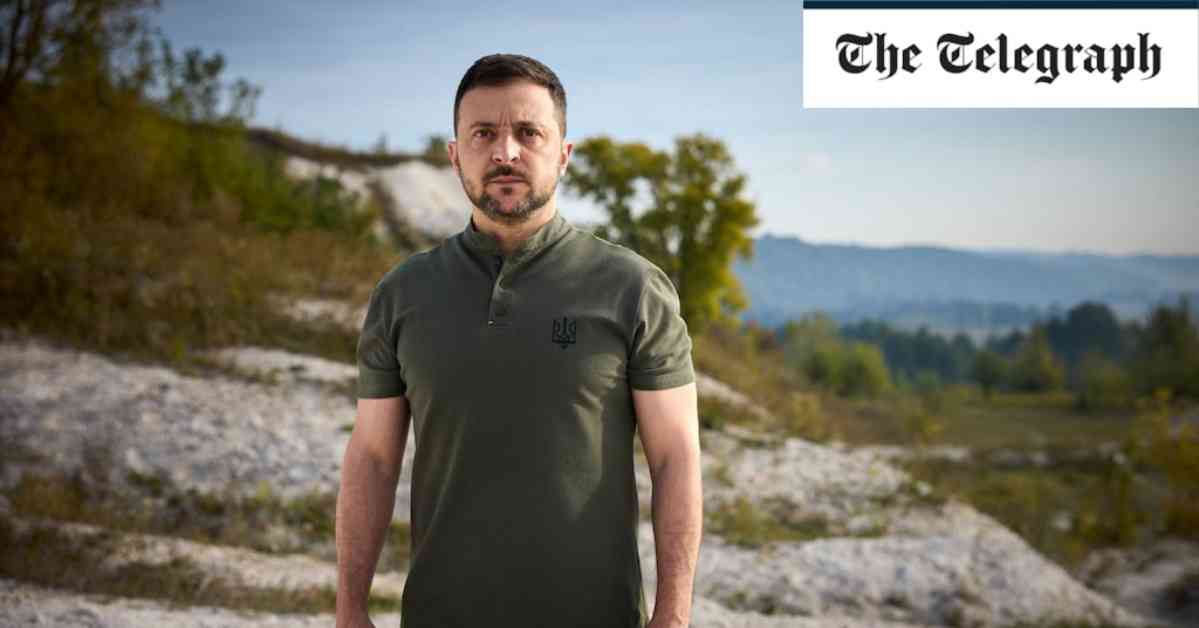Ukrainian president Volodymyr Zelensky made a significant move on Saturday by signing a law that bans the Moscow-linked Orthodox Church in Ukraine. This decision, approved by parliament earlier in the month, aims to create legal tools for the government to prohibit activities of a Russia-linked branch of the Orthodox church. The signing of this law marks a historic rupture with an institution that Kyiv has accused of complicity in Moscow’s invasion of Ukraine. Mr. Zelensky approved the bill on Kyiv’s independence day from the Soviet Union and amidst Russia’s ongoing invasion of Ukraine. In a bold statement, the Ukrainian leader declared, “Ukrainian Orthodox (church) today is taking a step towards liberation from Moscow’s devils.”
Keir Starmer, the leader of the UK’s Labour Party, also expressed solidarity with Ukraine on its independence day. He assured Ukrainians that the UK stands by them “today and always.” This message of support comes as Kyiv commemorates 33 years since declaring independence from the Soviet Union. Sir Keir emphasized the unwavering support of the British people for Ukraine, both on the front lines and within the UK. He reiterated that the UK is committed to standing with Ukraine for as long as it takes, echoing the sentiment of “Slava Ukraini,” a national salute in the country that translates to glory to Ukraine.
The European Union’s diplomatic service recently conducted a review of the military training mission for Ukraine, known as EUMAM. While the review recommended that member states better adapt the mission to Kyiv’s needs, it did not propose sending military instructors to the war-torn country at this time. The EUMAM mission, initiated in November 2022, has trained around 60,000 Ukrainian troops primarily in Poland and Germany. The mission is set to be extended for another two years once the current mandate expires in mid-November. The review emphasized the importance of training Ukrainian soldiers on equipment they will use in combat, aligning with Kyiv’s request for on-site training. However, concerns about potential escalation of the conflict led the EU to suggest deploying instructors to Ukrainian training facilities in a discreet manner, away from the battlefield and possibly in the western part of the country.
In a concerning development, Russia declared a state of emergency in part of the Voronezh region following an overnight drone attack near the border with Ukraine. Local governor Alexander Gusev reported that Russian forces intercepted five drones, with falling debris causing a fire and detonation of explosive materials. While no civilian buildings were damaged, emergency measures were implemented in three settlements in the Ostrogozhsky district, leading to the evacuation of 200 people. This incident highlights the ongoing tensions in the region and the potential for further escalation between Russia and Ukraine.












